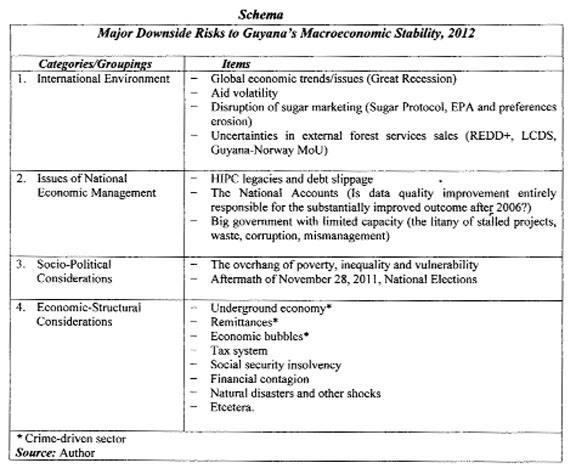Introduction
Starting with my column on April 1 this year, this is the twenty-first and concluding one in a series, which may be broadly described as an appraisal of the political economy of the National Budget, 2012. My purpose today is to briefly recapitulate and seek to place the previous weekly columns into a perspective, from which readers might become clearer about what I have been attempting to do.
Tasks
At the outset I had set myself four essential tasks in order to be in a position to take the annual ritual of budget debates and commentary beyond what I have characterized as the noise that has been generated budget-time for the past several years. The first and most obvious of these tasks was to evaluate Budget 2012 in the context of current economic, social, political and cultural situations. While attempting this task, I have based my evaluation on the three necessary components of all national budgets, namely 1) a review of performance during the previous Budget period (taking into account regional and international developments); 2) an assessment of policies, programmes and projects which are planned to be implemented in the coming Budget period; and 3) to analyse proposed fiscal and financial targets and the desired funding, after taking into consideration the overall Budget target (whether surplus, balance, or deficit).
The second task I sought to accomplish was to advance the case for an independent, non-partisan National Assembly Budget Office (NABO). As I have been arguing for several years now, this proposal is

